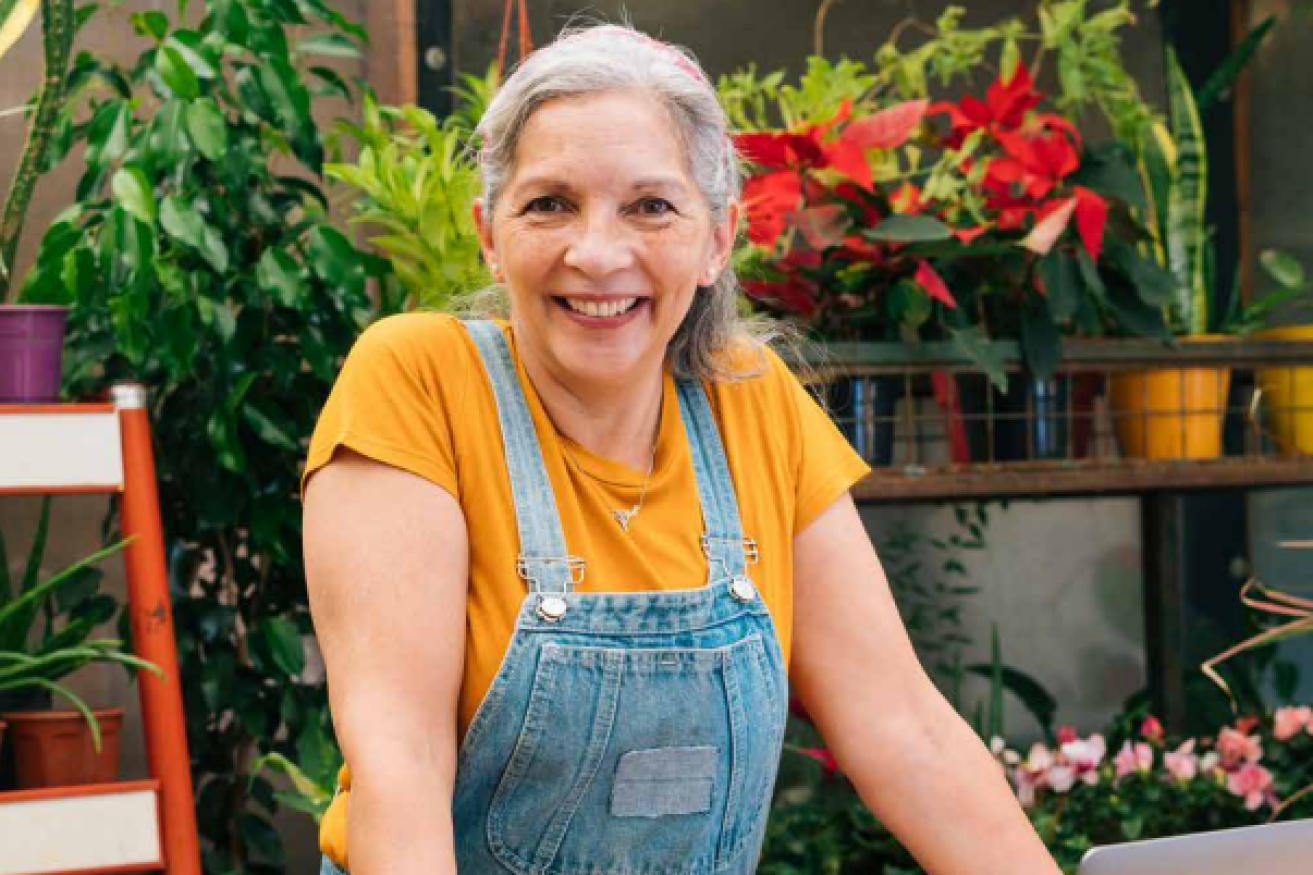Lifestyle, baby: Meet the empty nesters who are reinventing retirement
The vast majority of Australians now believe that work will be an inevitable part of retirement, according to a new report.


Older Australians were viewing retirement differently (photo supplied)
A study commissioned by Amazon and done by demographer Bernard Salt found that most workers hope to transition into part-time or casual work as the get older.
The finding is significant because of current labour shortage.
Amazon’s findings came as former NSW Premier and current chief executive of HammondCare Mike Baird said retirees should be able to return to work without losing their pension and other entitlements.
He said it was time to make it easier for older people of pension age to work if they wanted to.
“Given that the aged care sector is crying out for workers while also facing a tsunami of demand I believe it’s high time we make it easier for older workers to step back in (to the workforce) from retirement,” Baird said.
The Amazon report said the desire to transition from full time work into casual or part-time had led to the creation of what was called the Lifestyle Years consisting of people aged between 55 and 69 who shape their working to align with their lifestyle choice.
“These educated and skilled consumers and workers are now driven less by the need to provide for a family, or pay off a mortgage, and more by values and aspirations – and are reimagining the pre-retirement stage of the lifecycle,” the report said.
“The years between 55 and 69 are now in one sense a new ‘teenage’ stage in the lifecycle, created by pre-retirees curating their employment to fit their evolving needs, preferences, and aspirations.
“Holidays, hobbies, and healthcare take on new urgency, and unfulfilling or mentally taxing employment takes a back seat to more satisfying endeavours.
“This demographic used to be called ‘empty-nesters’, but that title doesn’t capture the nuance of The Lifestyle Years.
“Over 55s now have a desire to stay in the workforce, but with less focus on climbing the career ladder, and more focus on having their employment suit their evolved needs. This cohort are busy continuing to make a contribution to the economy, their families and/or the community, not only through choosing to work for longer, but through volunteering, providing unpaid care, minding children, and undertaking further study.”
Salt said that Australians were doing more later in life.
He said people left their parents’ home later, married later, started families later and retired later.
The report found that that almost 25 per cent of retirees had changed careers in the last five years to stay active, reduce stress, switch pace, and give back and stay connected to the community.
“A change-of-career job later in life creates new work relationships, helps fund retirement plans, and keeps over 55s connected to the wider community,” Salt said.
The report also found that holidays, hobbies, and healthcare take priority for Australians aged between 55 and 69, and that unfulfilling or mentally taxing employment takes a back seat to more satisfying endeavours.
HR operations director for Amazon Australia Jacqui Marker said the report highlighted that many Australians over 55 were choosing work opportunities that enable them to have greater control of their time, a change of pace and move closer towards their financial goals.












